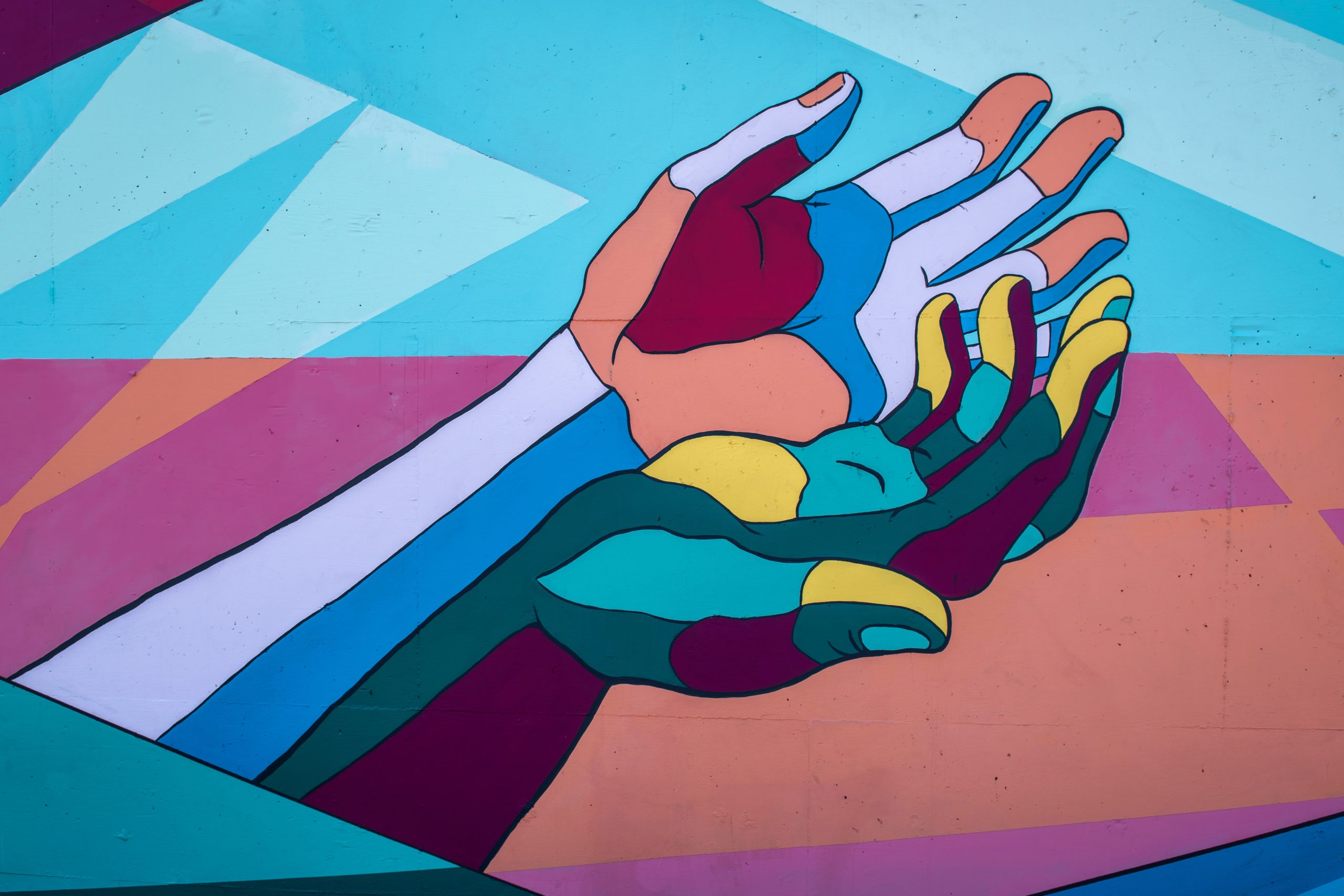
By Heather Legge | Instagram: @heatherand2girls
As a person with serious chronic illness, I’ve been asked how the Coronavirus has affected me. To be honest: not much. These hard circumstances we are facing as a country are sometimes the daily norm for the chronically ill. Even in times when we’re not facing a pandemic, as a whole we tend to struggle with loneliness, isolation, financial insecurity, and more. For many with chronic illness, we’ve had years to come to terms with our circumstances. You haven’t. So I want to encourage you as we continue to live out this (to quote my HR director) “adventurous time.”
A huge percentage of the country is experiencing job loss, financial insecurity, fear, isolation, loneliness, and uncertainty. Feeling lonely, stuck, and unable (or scared) to resume ordinary life is difficult. Your feelings are valid. You may feel anger, sadness, or fear. But you also might feel relieved that you don’t have as many places to go; your to do list is cut short. It’s okay to feel these emotions. And they may change minute to minute, hour to hour, day to day. It’s a new (hopefully not forever) life, and it takes time to get used to.
The pandemic hasn’t been a big disruption to my life, it’s more of an extension of the way things were. Some days I forget about Covid-19 because it’s fairly usual for me to not leave my apartment often. While I experienced anxiety when the virus started to ramp up, it didn’t take long for me to realize my daily life wouldn’t be much different.
I do want to be clear that I have been privileged during this time to keep my job (and work from home) and to have found a bit of financial security (I was approved for disability literally right before life shut down). Chronic illness leading to reduced work and financial problems are sufferings I struggled with for many years and I’m thankful to have some resolution and peace. They are also hardships that didn’t happen overnight, but over an extended period of time. And resolution was over a long period of time too. You may find yourself in your current situation overnight. We all need endurance for our struggles, and this might be the beginning of your struggle.
The answers won’t come quickly. My heart has been incredibly heavy for many people experiencing hardship right now, and the ways I have been able to help in even the tiniest way is to be able to look at my own suffering and see and remember how God provides. Physical healing hasn’t been a reality for me, but God’s provision has looked like peace and acknowledging at the end of each day I had what I needed. What I think I need each day is different from what I have, and that’s also part of the acknowledgment and remembering of God’s provision.
I’ve learned how to sit with my suffering, and this has been especially helpful during shelter in place orders. When I find myself becoming anxious over data and news reports, I retreat to a quiet place and remember that each breath and moment is a gift.
While most of my days are currently unchanged, what is different for me is that I feel more noticed and more like a valued human being. I had become accustomed to being forgotten at times. The pandemic has opened my life up in a new way because I can more easily access activities. For example, there were many Sundays I didn’t go to church because I was in too much pain or was too exhausted, and now I can choose to watch the service online.
I’ve also noticed lately that people in the community have remembered me. There have been times in the past where I’ve laid on my couch, so sick, and unable to cook or get groceries and needed help. Now, because I am considered high-risk for the Coronavirus, there are friends and coworkers who text me when they are going to the grocery store to see what I need. I appreciate this immensely, but I struggle with why we didn’t care so much for each other until now–myself included. I can do a better job at remembering others.
What has become customary in the midst of a pandemic, I hope will be remembered when we emerge on the other side of social distancing. I will remember how my work showed me hospitality and kindness by making sure I was safe at home and how it is possible to have get-togethers remotely. I’ve enjoyed zoom groups. It’s easier for me to commit to a remote meet up when I don’t have much energy. What if in the future our small group in-person gatherings could also include someone calling in from their computer or phone? I’ll remember how people showed me love by making sure I had what I needed. I’ll remember conversations via Facetime, deepening friendships I may have missed out on.
These are difficult times, and more than ever, I have seen people loving one another and people reaching out to those who cannot leave their homes. When life re-opens in stages, let’s continue to love our neighbors. Let’s continue to extend hospitality, maybe in more ways than we thought possible.
About Heather:
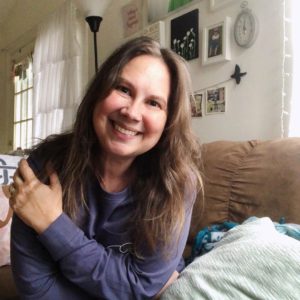
Heather Legge is a storyteller at heart with a desire to create a warm place for people who experience loneliness and feelings of isolation during hard circumstances. Sorrow and hope, suffering and joy, grief, and love; all can coexist. Raised in New England, she lives in Virginia with her two middle school aged daughters, two cats, and a hedgehog. Heather has several serious chronic illnesses that have shaped her story and her desire to truly live each small moment. Heather graduated from Wells College in 2001 with a B.A. in Public Policy, concentrating in social policy and bioethics. You can find more from Heather at www.livingthesmallmoments.com and on Instagram @heatherand2girls.
Image by Photo by Tim Mossholder on Unsplash



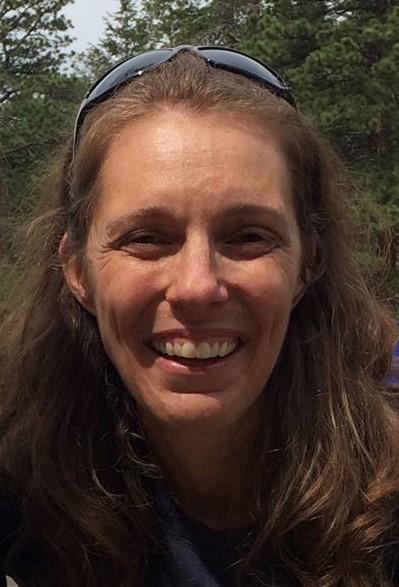
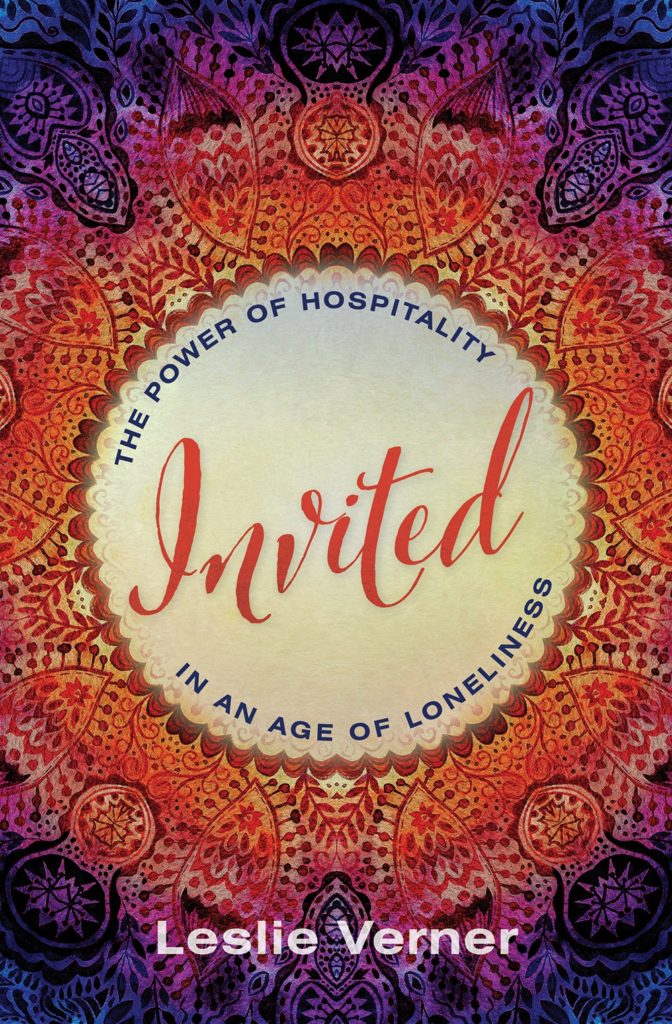
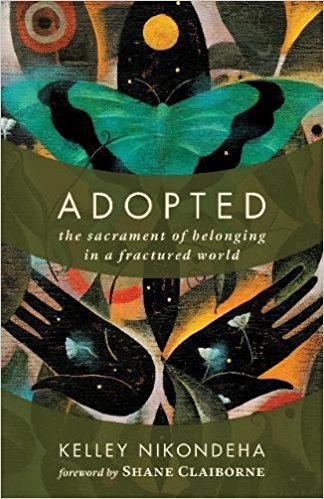
 Annie Rim lives in Colorado where she plays with her two daughters, hikes with her husband, and reflects about life & faith on her blog. She has taught in the classroom, at an art museum, and now in the playroom. You can connect with her at
Annie Rim lives in Colorado where she plays with her two daughters, hikes with her husband, and reflects about life & faith on her blog. She has taught in the classroom, at an art museum, and now in the playroom. You can connect with her at 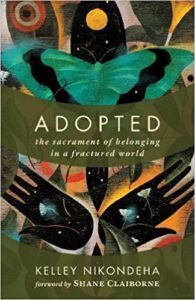 For our last week of posts on foster care, adoption and children, I’m giving away a free copy of Kelley’s book,
For our last week of posts on foster care, adoption and children, I’m giving away a free copy of Kelley’s book, 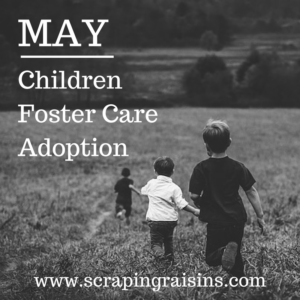

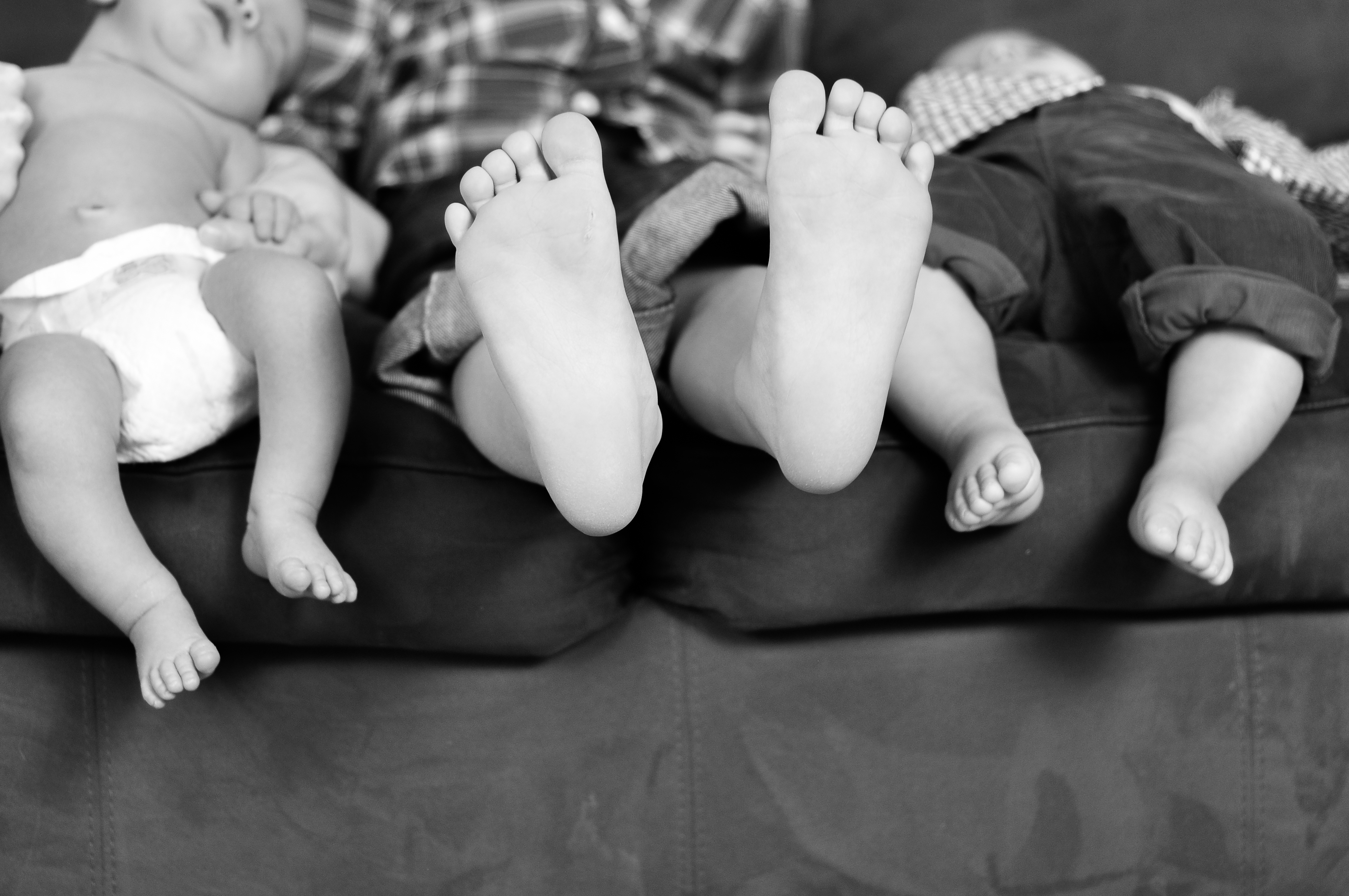
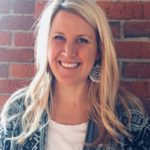
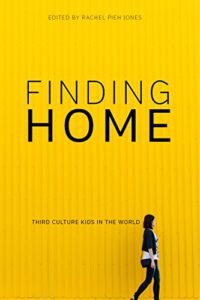 We’re doing a giveaway of the e-version of this book of essays by various writers about what it’s like to raise or be a Third Culture Kid (TCK). To enter, simply sign up for
We’re doing a giveaway of the e-version of this book of essays by various writers about what it’s like to raise or be a Third Culture Kid (TCK). To enter, simply sign up for 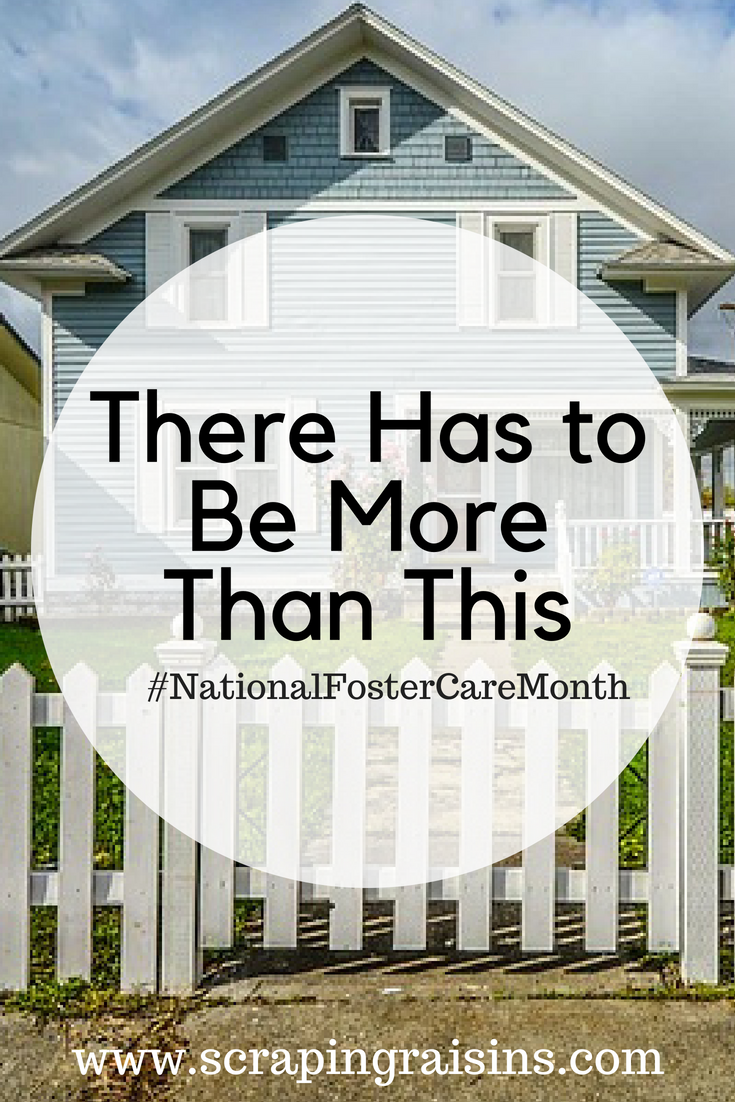
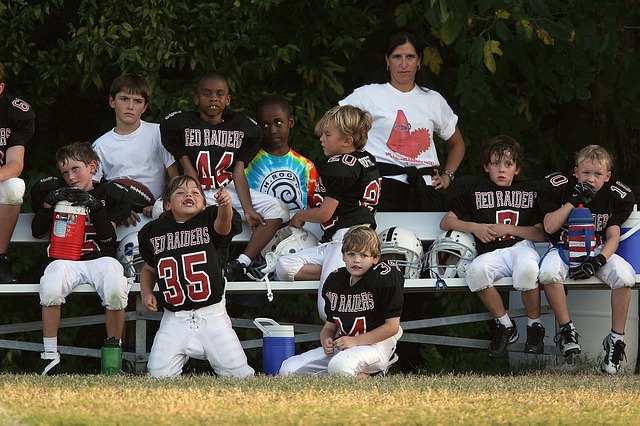
 Despite a deep desire to belong, Nicole Woo often finds life nudging her to the margins. She’s been the only girl on the team, the only public speaking teacher afraid of public speaking, the only Caucasian in the extended family photo, and the only mom who lets her kids drink Fanta. She calls the Rockies home, often pretending to be a Colorado native in spite of her flatland origins. Visit her blog at www.walkthenarrows.wordpress.com.
Despite a deep desire to belong, Nicole Woo often finds life nudging her to the margins. She’s been the only girl on the team, the only public speaking teacher afraid of public speaking, the only Caucasian in the extended family photo, and the only mom who lets her kids drink Fanta. She calls the Rockies home, often pretending to be a Colorado native in spite of her flatland origins. Visit her blog at www.walkthenarrows.wordpress.com.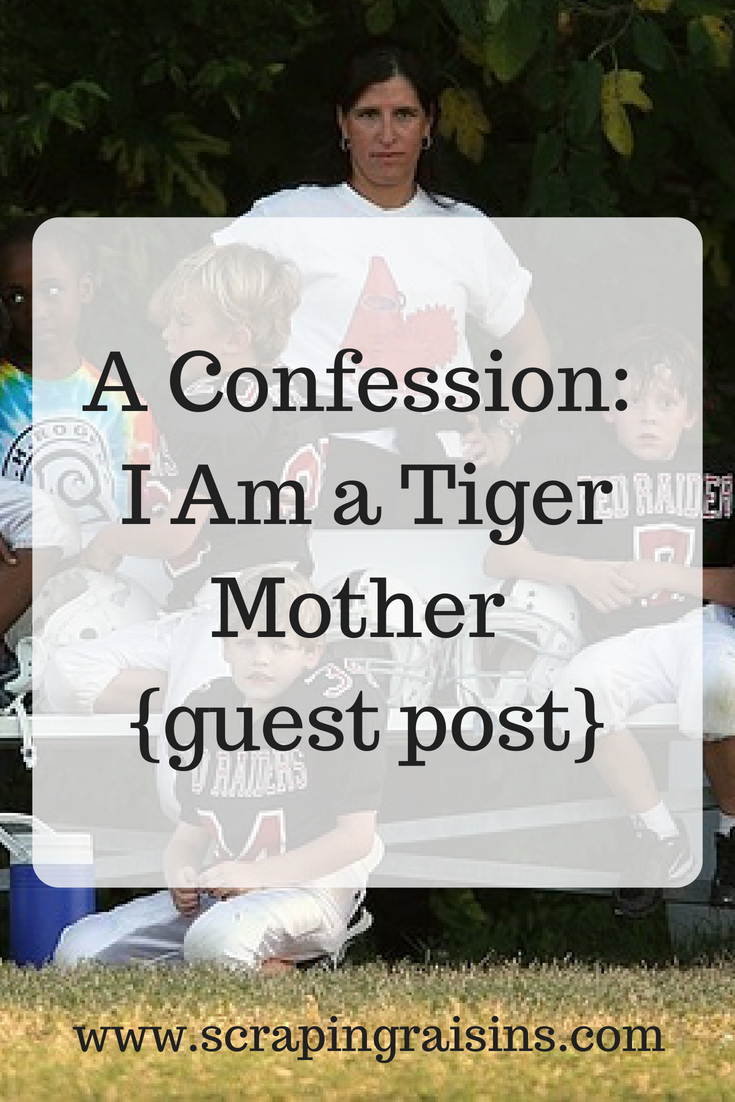
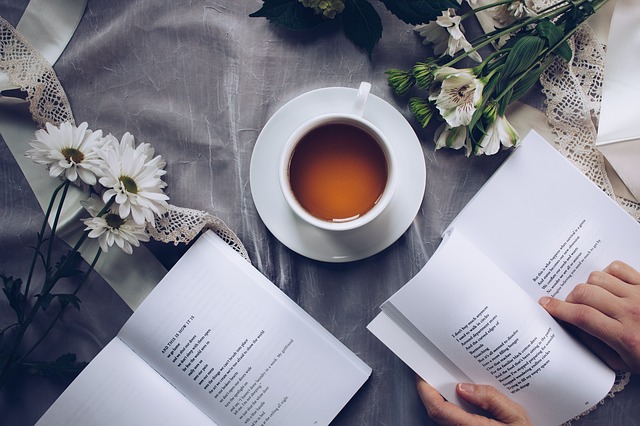
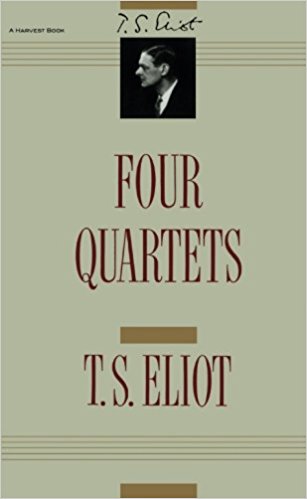
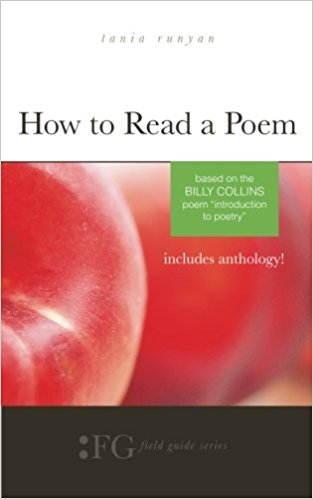
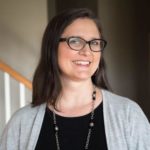 Charlotte lives in Birmingham, Alabama with her husband and their two children. She recently earned an MFA in creative writing from Seattle Pacific University, and she does freelance writing and copywriting. You can find her online at
Charlotte lives in Birmingham, Alabama with her husband and their two children. She recently earned an MFA in creative writing from Seattle Pacific University, and she does freelance writing and copywriting. You can find her online at 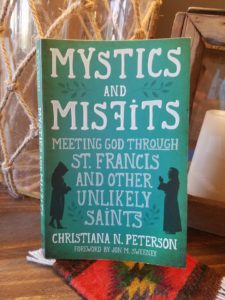 If you want to win a copy of
If you want to win a copy of  Our theme for April is “Books and Writing,” and I hope to share my favorite books, podcasts and resources for new writers.
Our theme for April is “Books and Writing,” and I hope to share my favorite books, podcasts and resources for new writers. 
 I am Kaitlin Sara Ho Givens, also known as “Kata.” I am a Chinese-American campus minister focusing in planting new movements, empowering leaders, and raising up purposefully multiethnic, reconciling communities that reflect the heart of God. I am pursuing a Masters of Divinity at Gordon Conwell Theological Seminary. I hold a Bachelor’s degree in English from Boston University. I speak Spanish and French and Minion proficiently, with Greek and Hebrew up next.
I am Kaitlin Sara Ho Givens, also known as “Kata.” I am a Chinese-American campus minister focusing in planting new movements, empowering leaders, and raising up purposefully multiethnic, reconciling communities that reflect the heart of God. I am pursuing a Masters of Divinity at Gordon Conwell Theological Seminary. I hold a Bachelor’s degree in English from Boston University. I speak Spanish and French and Minion proficiently, with Greek and Hebrew up next.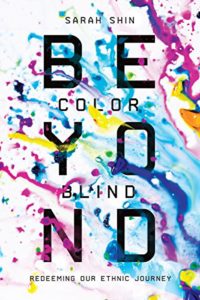 Sign up for the Scraping Raisins newsletter by midnight (MT) February 28th and be entered to win a copy of
Sign up for the Scraping Raisins newsletter by midnight (MT) February 28th and be entered to win a copy of 

 Dr. Yabome Gilpin-Jackson considers herself to be a dreamer, doer and storyteller, committed to imagining and leading the futures we want. She is an award-winning scholar, consultant, writer and curator of African identity and leadership stories. She was born in Germany, grew up in Sierra Leone, and completed her studies in Canada and the USA. Yabome was named International African Woman of the Year by UK-based Women4Africa and also won the Emerging Organization Development Practitioner by the US-based Organization Development Network. Yabome, who is married and the mother of 3 children, has also published several journal articles and book chapters and continues to research, write and speak – most recently at Princeton University – on the importance of holding global mindsets and honouring diversity and social inclusion in our locally global world.
Dr. Yabome Gilpin-Jackson considers herself to be a dreamer, doer and storyteller, committed to imagining and leading the futures we want. She is an award-winning scholar, consultant, writer and curator of African identity and leadership stories. She was born in Germany, grew up in Sierra Leone, and completed her studies in Canada and the USA. Yabome was named International African Woman of the Year by UK-based Women4Africa and also won the Emerging Organization Development Practitioner by the US-based Organization Development Network. Yabome, who is married and the mother of 3 children, has also published several journal articles and book chapters and continues to research, write and speak – most recently at Princeton University – on the importance of holding global mindsets and honouring diversity and social inclusion in our locally global world.
 This month we’re discussing racism, privilege and bridge building. If you’d like to guest post on this topic, please email me at scrapingraisins(dot)gmail(dot)com. Yes, this is awkward and fraught with the potential for missteps, blunders and embarrassing moments, but it’s necessary. Join me?
This month we’re discussing racism, privilege and bridge building. If you’d like to guest post on this topic, please email me at scrapingraisins(dot)gmail(dot)com. Yes, this is awkward and fraught with the potential for missteps, blunders and embarrassing moments, but it’s necessary. Join me? 



 Jake VanKersen is a Chicago-based Video Producer and graduate of Columbia College Chicago. He also has an encyclopedic knowledge of movie, Star Wars, and comic book trivia. Visit him at
Jake VanKersen is a Chicago-based Video Producer and graduate of Columbia College Chicago. He also has an encyclopedic knowledge of movie, Star Wars, and comic book trivia. Visit him at 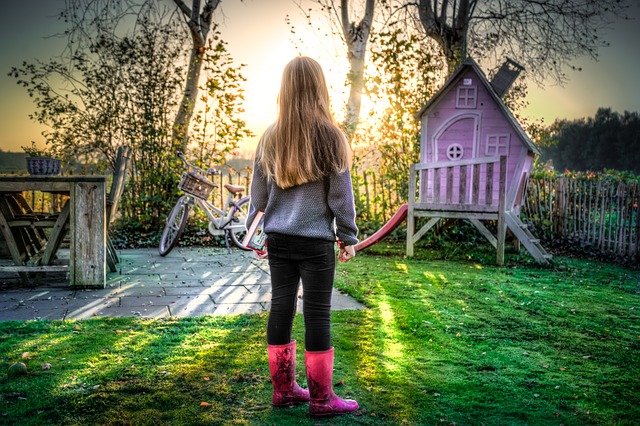
 If you share
If you share 